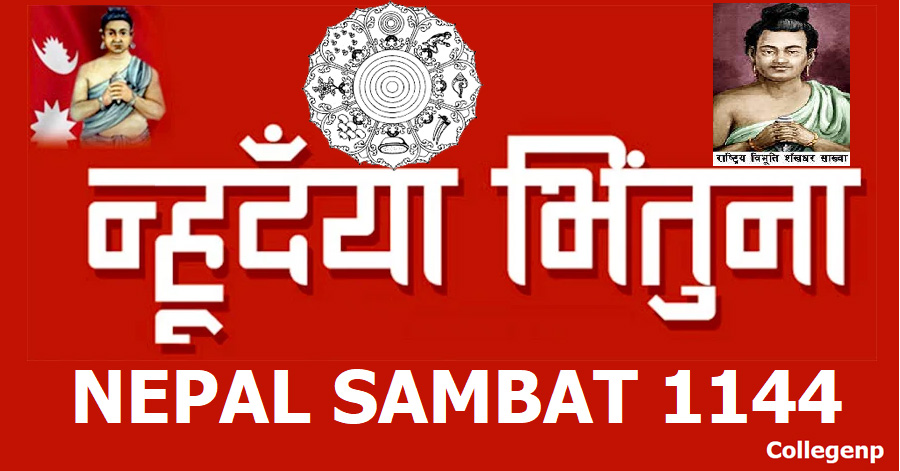
Celebrating Nepal Sambat 1144: A Rich Cultural Tradition
In Nepal, the celebration of Nepal Sambat 1144 holds a special place, particularly among the Newar community. This year marks a significant milestone, as it reflects the rich cultural traditions and historical significance of the Nepal Sambat calendar system. Initiated in 937 BS by Rashtiya Vibhuti Shankhadhar Sakhwa, a revered figure known for relieving the debts of the poor, Nepal Sambat has a storied past. Dr. Triratna Manandhar, a former vice chancellor of Lumbini Buddhist University, highlights its importance, noting that it was the national calendar until the reign of Prithvi Narayan Shah, and its origins date back to the Lichchavikal period.
The celebration of Nepal Sambat gained renewed focus with the advent of democracy in 2007 BS. Cities with significant Newar populations, such as Kathmandu, Lalitpur, Bhaktapur, and others, actively participate in the New Year celebrations. The involvement of prominent leaders like Krishna Prasad Bhattarai and Pushpa Kamal Dahal, who have recognized and supported the Nepal Sambat, further underscores its national significance. In 2010 AD, the announcement of its national recognition marked a pivotal moment in its history.
An essential aspect of Nepal Sambat celebrations is the Mha Puja or self-worship. This practice, deeply rooted in the Newar community, is not just a ritual but a profound expression of the importance of the soul and self-contentment. This year's celebrations extended over two days, with some regions, including Bhaktapur, observing the festival a day earlier based on local decisions. The Nepal Panchang Adjudicatory Development Committee and Prof. Srikrishna Adhikari have emphasized the importance of adhering to traditional scriptures for the celebration.
Theologian Prof. Dr. Ramachandra Gautam sheds light on the classical tradition of self-worship, highlighting its significance in the Newar community. This practice is not only a form of spiritual expression but also a belief that personal happiness and spiritual contentment can lead to divine blessings and a fulfilling life.
The celebration of Nepal Sambat 1144 is more than just a ceremonial observance; it is a vibrant showcase of Nepal's rich cultural heritage. It serves as a reminder of the country's historical figures and traditions, reinforcing the importance of these cultural practices in contemporary society. As Nepal continues to recognize and celebrate its diverse cultural identity, events like Nepal Sambat 1144 play a crucial role in preserving and promoting this heritage.
Nepal Sambat 1144's celebration is a key cultural event in Nepal, primarily observed by the Newar community. Originating in 937 BS by Rashtiya Vibhuti Shankhadhar Sakhwa, this calendar system was the national standard until the reign of Prithvi Narayan Shah. Gaining renewed attention with Nepal's democratic era from 2007 BS, it has seen significant support from government figures, culminating in national recognition in 2010 AD. Central to the celebrations is the Mha Puja, or self-worship, emphasizing the importance of the soul and personal contentment. This tradition, practiced across major Newar-populated cities, embodies Nepal's rich cultural heritage and the significance of historical and cultural preservation.
Festival Culture




